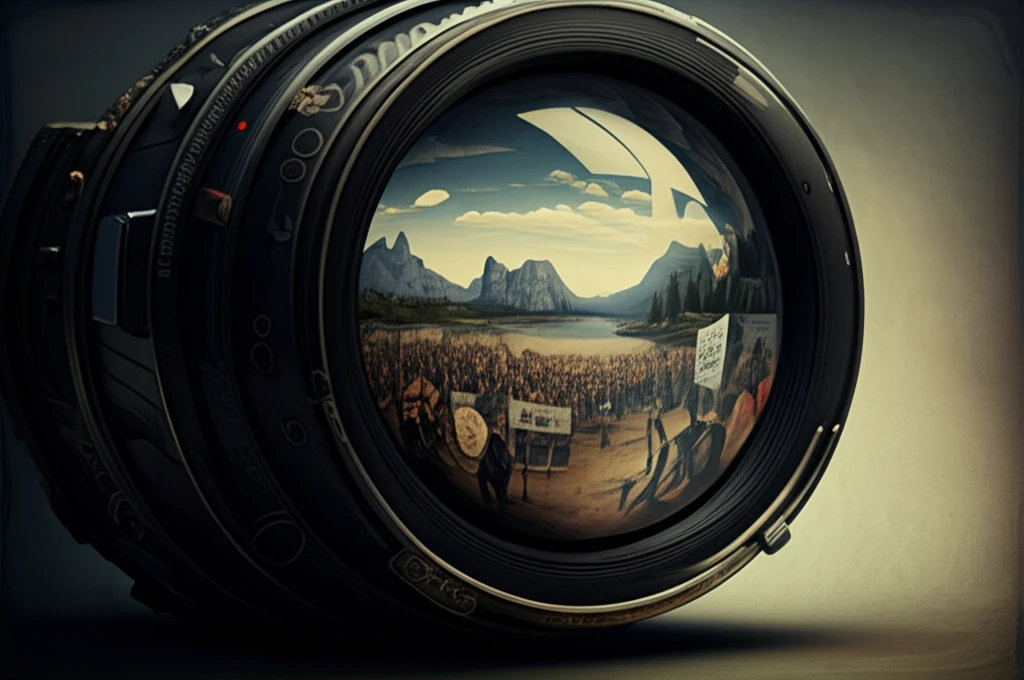
Lights, Camera, Activism: How Filmmakers are Changing the World
"Explore the powerful role of documentary filmmakers in uncovering human rights abuses, promoting social justice, and inspiring change through the art of storytelling."
In an era dominated by visual media, the power of film to shape public opinion and inspire social change is undeniable. Documentary filmmakers, armed with cameras and a commitment to justice, are increasingly stepping into the role of activists, using their work to expose human rights abuses, challenge oppressive regimes, and advocate for marginalized communities.
This article delves into the compelling world of activist filmmaking, exploring how directors are using their craft to document critical global issues. We'll examine how these filmmakers navigate complex ethical dilemmas, build relationships with victims and perpetrators, and amplify voices that often go unheard. From the atrocities of genocide to the struggles for environmental protection, activist filmmakers are on the front lines, capturing the stories that need to be told.
We draw insights from Fernando Canet's academic paper, "The Filmmaker as Activist," published in Popular Communication, to contextualize these dynamics. We aim to provide a deeper understanding of the processes, impacts, and ongoing debates surrounding this powerful form of visual advocacy. This topic matches public interest, is evergreen, and builds off recent publications. This makes the topic newsworthy and solves a problem for the reader: How are filmmakers becoming activists?
Bearing Witness: Why Filmmakers Are Embracing Activism

The decision to become an activist filmmaker often stems from a deep-seated desire to bear witness to injustice and give voice to the voiceless. Traditionally, defending human rights through film has focused on sharing the experiences of victims, allowing them to articulate the impact of violence, discrimination, and oppression. This approach aligns with a long-standing tradition of documentary filmmaking that seeks to empower marginalized communities and challenge dominant narratives.
- Exposing Injustice: Highlighting the suffering of victims and drawing attention to human rights violations.
- Challenging Narratives: Providing alternative perspectives that counter official accounts and dominant ideologies.
- Empowering Communities: Giving marginalized groups a platform to share their stories and advocate for their rights.
The Power of Film for a More Just World
Activist filmmaking is not without its challenges. Navigating ethical dilemmas, securing funding, and reaching a wide audience can be difficult. However, the potential impact of this work is immense. By exposing injustice, challenging narratives, and amplifying marginalized voices, activist filmmakers are playing a vital role in shaping a more just and equitable world. Through their dedication and artistry, they remind us of the power of film to inspire change and hold power accountable.
